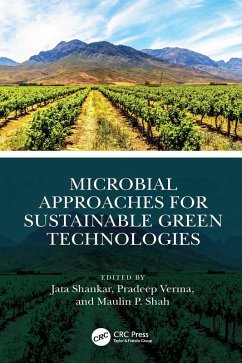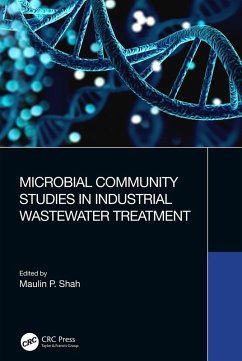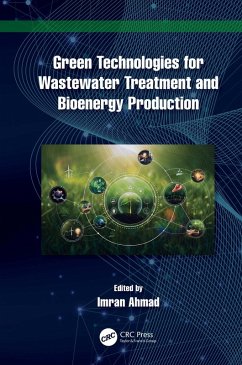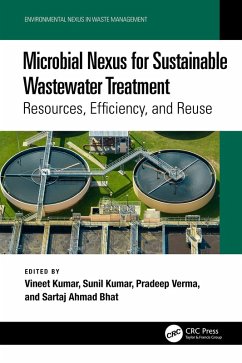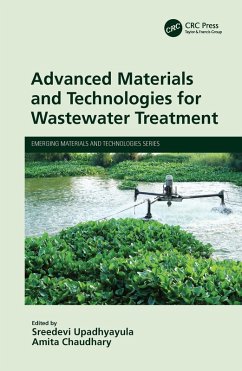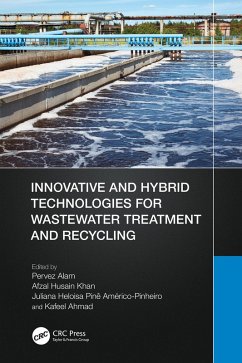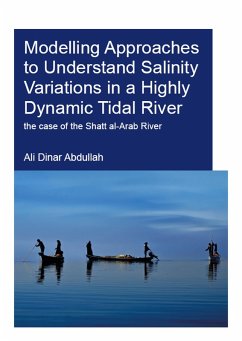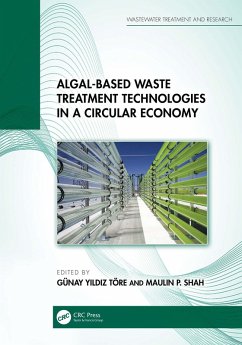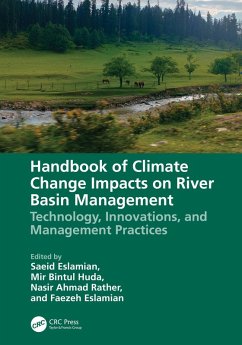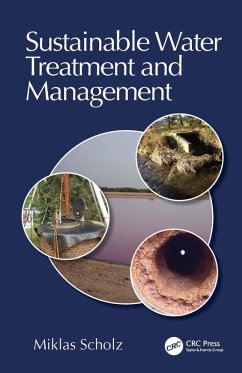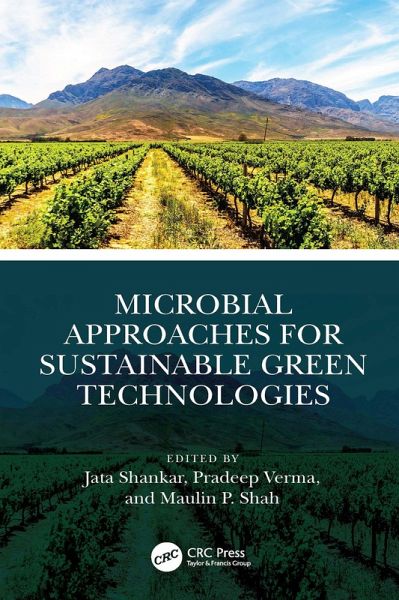
Microbial Approaches for Sustainable Green Technologies (eBook, PDF)
Versandkostenfrei!
Sofort per Download lieferbar
97,95 €
inkl. MwSt.
Weitere Ausgaben:

PAYBACK Punkte
49 °P sammeln!
Microbial systems have a strong potential to develop green and sustainable technologies, including sources of renewable energy, alternative fuels, and biosynthetic materials for sustainable applications. Advances in these technologies are evolving to meet growing demand and industries are adapting to green technologies such as solar panels, bioethanol, hydroponics, and more. With the aid of sophisticated technology and integration strategies, these industries are moving toward being more environmentally friendly and sustainable. This book serves as a guide to the newest technologies that will ...
Microbial systems have a strong potential to develop green and sustainable technologies, including sources of renewable energy, alternative fuels, and biosynthetic materials for sustainable applications. Advances in these technologies are evolving to meet growing demand and industries are adapting to green technologies such as solar panels, bioethanol, hydroponics, and more. With the aid of sophisticated technology and integration strategies, these industries are moving toward being more environmentally friendly and sustainable. This book serves as a guide to the newest technologies that will enable the implementation of microbial technologies in fostering an eco-friendly industrial and environmental landscape, which will have widely positive impacts for generations to come.
- Provides recent insights on diverse technologies involved in green technologies
- Explains the application of microbes via fungi to remediate pollutants and examines the latest treatment technologies in bioleaching and electronic waste treatment
- Provides updated information on bioenergy and flexible fungal materials as alternatives to plastics
- Discusses the application of IOT and communication electronics in the development of green technologies
Dieser Download kann aus rechtlichen Gründen nur mit Rechnungsadresse in A, B, BG, CY, CZ, D, DK, EW, E, FIN, F, GR, HR, H, IRL, I, LT, L, LR, M, NL, PL, P, R, S, SLO, SK ausgeliefert werden.




